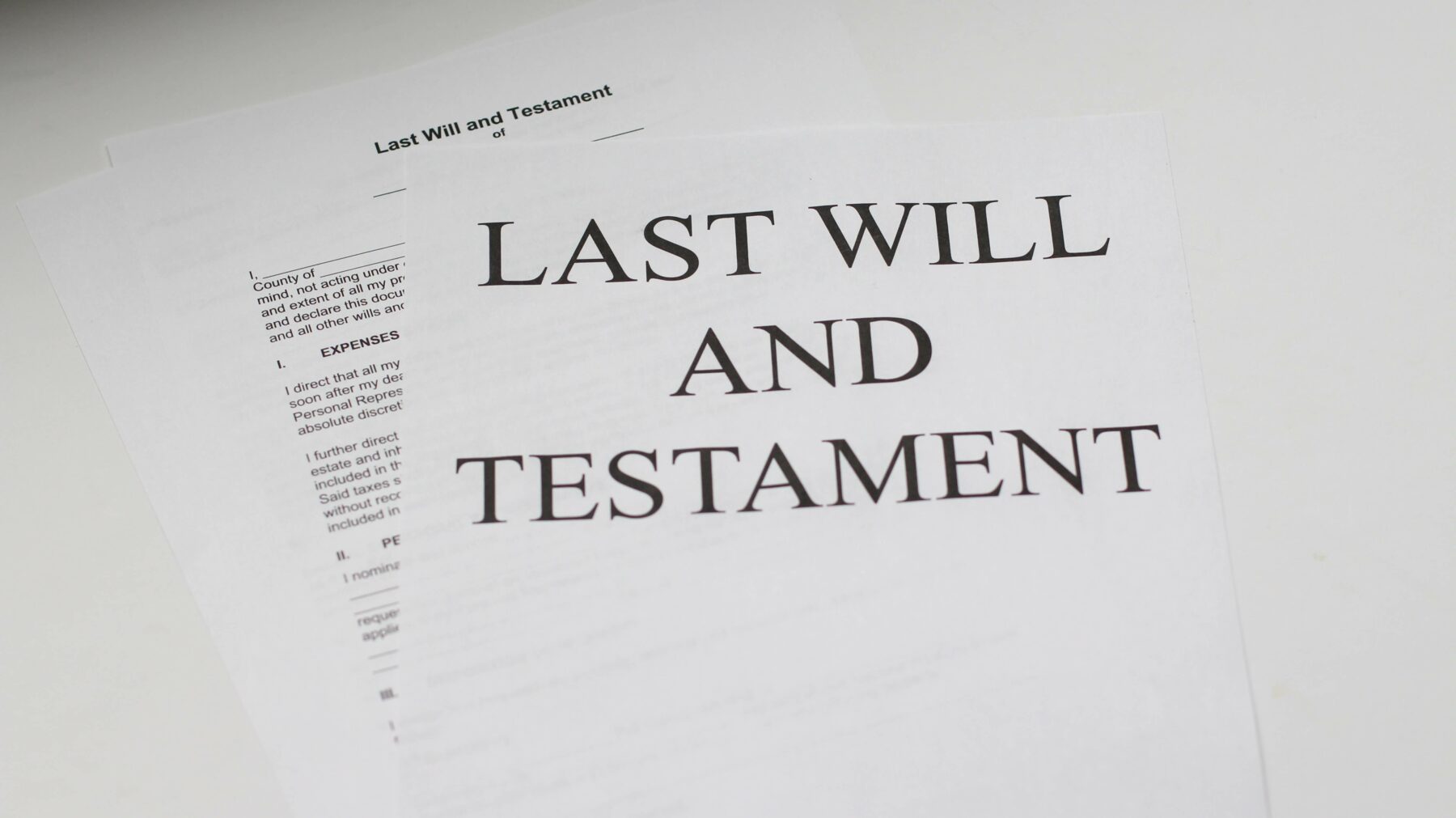Wills are the only legal way to specify what happens when you die, where your assets go, how your estate is handled, and what you want to happen for your children if they are under the age of 18. Thinking of your death is not something most people like to do but for peace of mind and the future of your children having a Will is an important necessity for all parents.
Why Do Parents Need a Will?
When adapting to life as a parent, writing a Will isn’t in the forefront of your mind. But without a Will, if parents die together or the only surviving parent dies, it can potentially lead to uncertainty for the children. Financial worry for a surviving partner, spouse or the children can also be a significant factor if the parent who has died was the major breadwinner.
Appoint Guardians
Unless a Will specifically states how your children will be cared for, and by whom, it is up to the courts to decide who actually takes care of your children and what happens to them. While an obvious choice like a close relative or family friend may be available, legally it is not bound unless it is in your Will. This can be extremely distressing for the children involved and sometimes lead to them being cared for by someone the parents would not have chosen. You can make sure your children are looked after by someone you love and trust by specifying the guardians in your Will.
Avoid Additional Stress
Dealing with someone’s estate after their death is already a stressful situation. A Will can offer clarity and direction for your family and provide answers to questions they wish they could ask. Wills can clarify what kind of funeral someone wanted, where they would like their ashes to be scattered and state how they want their estate to be divided. Writing a Will can allow you to review your assets so that you can know whether inheritance tax will be payable at the date of your death. This allows you to plan for it or implement strategies to avoid it altogether. Having a Will also enables you to receive advice from an experienced Solicitor who may advise about family dynamics that might lead to potential claims if nothing is done. For example, if a person is separated but not divorced, the loved one may not know that the spouse may bring a claim against their estate if they are not considered in the Will.
Secure Your Children’s Financial Future
Regardless of the age of your children, a Will sets exact amounts of their inheritance. In order for everyone to get a fair share and to avoid family disputes over money, it is extremely helpful to set all of this up in one document. With a Will written, you can have arrangements made to cover expenses of raising your children and balance the needs of all members of your family.
In your Will, you are able to decide what age you want your children to be when they receive their inheritance. Unless the Will says otherwise, your children will automatically get their assets at 18. Before this age, your children will be able to benefit from their inheritance but the assets are held in trust and managed by an appointed trustee. If you believe 18 is too young for your child to be financially responsible, you may choose a higher age, or put conditions in place for their access to the money.
Provide for Other Dependents
Step-children do not automatically inherit from your estate unless you have specifically included them in your Will. If you have step-children, or other children you care for like foster children or dependent adults, you will need to include them in your Will otherwise they will not benefit from your estate.
What Happens to Your Family Without a Will?
When you die without a Will, your estate is then divided according to intestacy rules. When writing a Will, you are able to ensure that if you or your partner dies, your family will be provided for and your estate to be divided as you wish.
When you do not have a will:
- Your partner, spouse, or civil partner will not automatically inherit all of your assets
- If you are not married to your partner, they will not be able to inherit anything
- Your children’s legal guardian may be decided by a local authority or court
- Any step-children, foster children, or other adult dependants are unable to inherit any of your assets
Will and Trust Expertise with Elizabeth Middleton Solicitors
While the thought of writing a will may be daunting, it does not have to be a disheartening experience and can offer peace of mind that you took care of your family and affairs ahead of time. Your loved ones are able to manage your last wishes with ease when you have set a clear guideline.
Elizabeth Middleton Solicitors are here for you with an experienced and considerate team to guide you through writing your will. Contact us today for more information and let us assist you in creating a happy future for your family.











